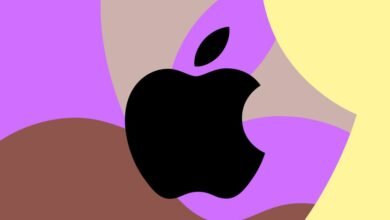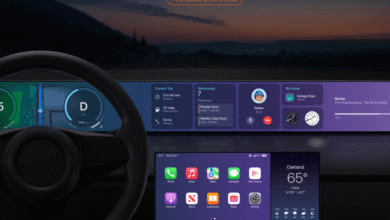Silicon Valley’s Most Powerful Alliance Just Got Stronger

▼ Summary
– Judge Amit Mehta ruled that Google’s default payments to Apple can continue, citing potential negative effects on innovation and competition if banned.
– Eddy Cue’s testimony influenced the ruling, arguing that restricting Google’s payments would harm Apple and that AI is changing the search market.
– Google pays Apple a percentage of ad revenue from Safari, a long-standing arrangement that financially benefits both companies.
– The ruling allows Apple and Google to potentially deepen their collaboration, including integrating Google’s Gemini into Apple’s AI initiatives.
– Critics argue the deal stifles competition and strengthens the dominance of both companies, with implications for the future of AI and search markets.
The recent court ruling allowing Google to continue its lucrative default search payments to Apple represents a major victory for the tech giants, reinforcing a partnership that has defined the digital landscape for nearly two decades. This decision not only preserves a foundational revenue stream but also sets the stage for deeper collaboration as both companies navigate the emerging era of artificial intelligence.
Eddy Cue, Apple’s services chief, made a compelling case during Google’s antitrust trial, arguing that restricting these payments would be detrimental to innovation and consumer choice. His testimony clearly resonated with Judge Amit Mehta, who acknowledged that while the arrangement does skew the market in Google’s favor, ending it abruptly could harm companies like Apple and stifle product development. The court also pointed to the rapid emergence of generative AI firms as evidence that competition in search is finally intensifying, suggesting that superior products could eventually challenge Google’s dominance.
Behind the legal arguments lies a complex financial relationship. Google pays Apple a significant share of ad revenue generated through Safari, a deal estimated to contribute roughly 15% of Apple’s annual profits. This symbiotic arrangement has fueled growth for both corporations and now appears poised to expand into AI. Shortly after the ruling, reports surfaced that Apple is in talks to integrate Google’s Gemini AI into its upcoming Siri enhancements, a move that had been delayed, likely due to regulatory concerns.
Industry analysts view the court’s decision as a strong endorsement of the status quo, one that benefits Google and Apple enormously. Rival search providers have long argued that the default agreement suppresses competition, effectively allowing two of the world’s most influential tech firms to reinforce each other’s market power. With the ruling in place, Apple has little incentive to acquire or heavily invest in competing AI startups; instead, it can lean on its partnership with Google while continuing to receive billions in payments.
This outcome also creates challenges for other players, such as OpenAI, which recently struck a distribution deal with Apple for ChatGPT. Without a comparable ads-based revenue model, OpenAI cannot match the financial terms Google offers, making it difficult to compete for prime placement on Apple devices. The ruling effectively ensures that the Google-Apple alliance remains the dominant force in search, and now, very likely, in AI-driven services as well.
In other industry news, OpenAI is making waves with a massive $10.3 billion tender offer, allowing eligible employees to sell up to $30 million in shares, triple the previous cap. Meanwhile, the company’s leadership is increasingly resembling that of Facebook in its heyday, with former Facebook engineering lead Vijaye Raji rejoining colleague Fidji Simo as CTO of applications. His firm, Statsig, is being acquired as part of the move but will continue operating independently. Another ex-Facebook veteran, Srinivas Narayanan, is taking on the role of CTO for B2B applications, underscoring the talent convergence between social media and AI giants.
From high-stakes legal battles to executive shuffles and eye-watering financial offers, the tech industry continues to evolve at a breathtaking pace. The enduring partnership between Apple and Google, however, remains one of its most powerful constants.
(Source: The Verge)





